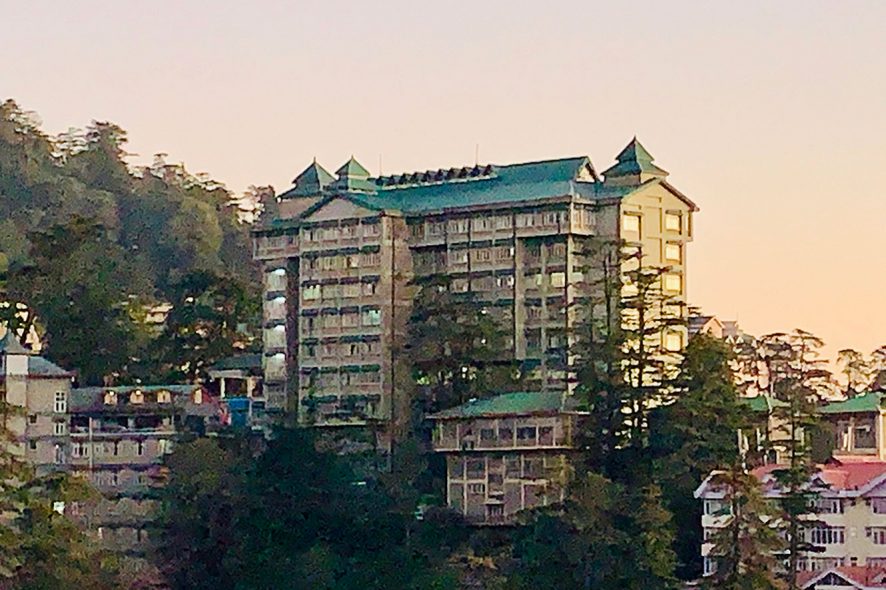Himachal Pradesh High Court: Sandeep Sharma , J., allowed the bail petition stating that object of the bail is to secure the attendance of the accused in the trial and the proper test to be applied in the solution of the question whether bail should be granted or refused is whether it is probable that the party will appear to take his trial.
The present petition has been filed under Section 439 Criminal Procedure Code, 1973 for grant of regular bail. The facts of the case are that victim prosecutrix, aged 26 years old, were working in a company since 2017, and in 2018 met the bail petitioner and became good friends. In year 2019, she attended bail petitioners marriage where he expressed that he is not happy with the marriage and wants to marry her, attempts of which she rejected. The bail petitioner allegedly sexually assaulted her twice and impregnated after which when she asked him to get married he refused and advised her to terminate the pregnancy. Hence she filed an FIR against him wherein investigation is complete and the trial is pending.
Arvind Sharma, Additional Advocate General with Kunal Thakur, Deputy Advocate General argued that the crime is a grave one and the bail petitioner does not deserve any leniency. They further argued that the medical report submitted clearly proves that the bail petitioner is the biological father of the foetus in the womb and hence is charged with Section 376 of Penal Code, 1860
Advocate Rakesh Kumar Doga is representing the petitioner side.
The Court relied on the judgment titled Dataram Singh v. State of U.P., (2018) 3 SCC 22 and Prasanta Kumar Sarkar v. Ashis Chaterjee, (2010) 14 SCC 496 and held that, a fundamental postulate of criminal jurisprudence is the presumption of innocence, meaning thereby that a person is believed to be innocent until found guilty and that the grant of bail is the general rule and putting a person in jail or in a prison or in a correction home is an exception.
In view of the above mentioned arguments and observations the bail was granted. [Ritesh v. State of Himachal Pradesh, 2020 SCC OnLine HP 585 , decided on 27-05-2020]







